Polio threat binds Kabul, Islamabad
Both countries will participate in each other’s TAG meeting for the first time
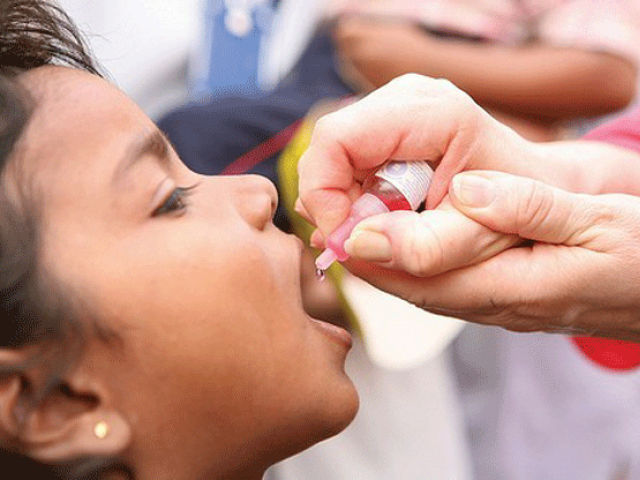
PHOTO: EXPRESS/FILE
It is for the first time that officials of Pakistan and Afghanistan will participate in each other’s Technical Advisory Group (TAG) meeting on polio as an observer to further strengthen cross-border coordination.
Pakistan and Afghanistan are the only two countries left that have not been able to end the transmission of polio.
‘Contaminated water causing polio’
National Emergency Operation Centre (NEOC) for polio head Dr Rana Safdar, while talking to The Express Tribune, said the TAG meeting is scheduled to be held in Islamabad on March 30-31 and in Kabul on April 4-5 this year.
He said the initiative has been taken to strengthen cooperation between the two countries in their fight against polio.
TAG was established to review progress towards polio eradication in specific countries, assess implementation of previous TAG recommendations, discuss planned activities and issue recommendations to address constraints facing national programmes in achieving their targets.
Meetings are attended by country-specific TAG members, national representatives and partner organisations, both international and regional.
Lagging behind: Polio virus transmission may end this year
Officials of both the countries will meet in person on April 6, in Kabul, for Pakistan-Afghanistan coordination meeting which is held on quarterly basis every year, he said.
He said that in the meeting officials from both the countries will review progress in polio eradication activities, cross-border interventions for polio eradication, coverage of anti-polio campaigns along borders, experiences, challenges and way forward to bring further improvement.
“Besides all of this, the major focus of the meeting will be on high-risk mobile population and to ensure vaccination of all the children under the age of 10 crossing the borders,” said Dr Safdar.
He further said currently at Pak-Afghan border, polio teams are not facing any kind of challenge to access and vaccinate children within the jurisdiction of Pakistan.
Security Threat: Over 770 cops to guard polio teams
“The real challenging areas along the border are in Afghanistan where the security situation is appalling due to the presence of militants who pose security risk to polio workers,” he said.
He added that Pakistan’s decision to introduce new border rules last year to regulate the movement of people helped polio workers a lot to streamline anti-polio drive and access children under the age of 10 easily, comfortably and securely.
The introduction of new border controls by Pakistan that allow only people with valid travel documents to pass through has provided an opportunity to authorities to ensure polio vaccination to every child under the age of 10, he said.
Dr Safdar said the illegal border crossing is still challenging. Around 80,000 to 90,000 children are vaccinated every month at the two legal border crossings - Torkham and Chaman, he said.
Pakistan has reported two polio cases so far in 2017, which is far lesser than the seven cases reported during the same period last year, he added.

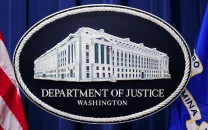


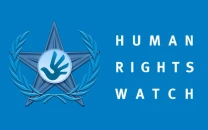
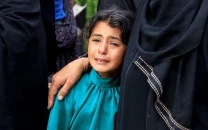
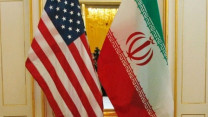












COMMENTS
Comments are moderated and generally will be posted if they are on-topic and not abusive.
For more information, please see our Comments FAQ